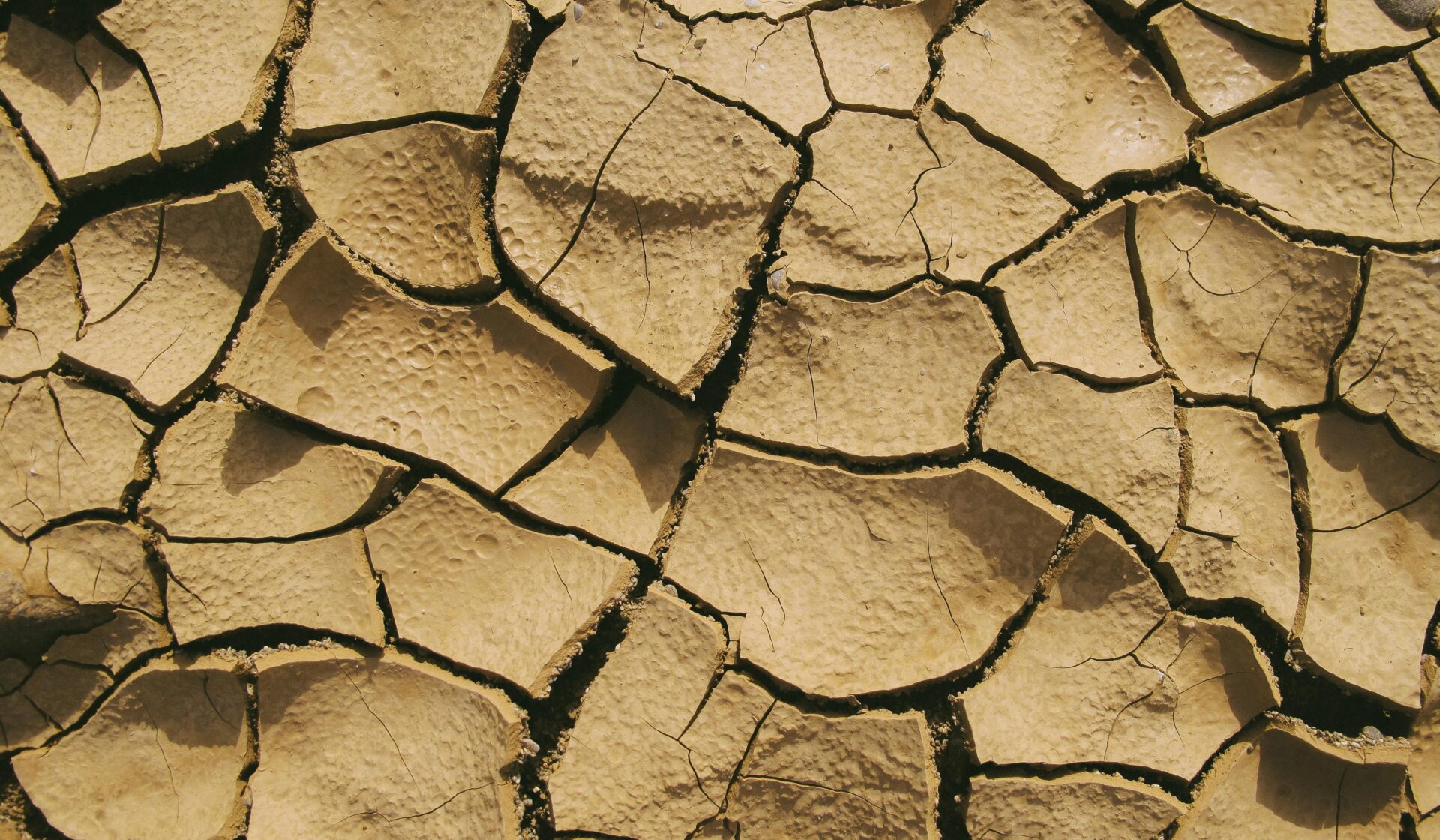Together, the planet’s oceans, forests, and soils absorb about half of all human emissions. As the Earth heats up, many are concerned that this crucial natural process – which regulates temperatures – is breaking down.
The planet’s oceans, forests, and soils play a critical role in the survival of humanity, acting as natural shields that safeguard us from our own inherently destructive impact on the environment.
Hugely effective agents in easing global heating, these ecosystems are one of our greatest allies against the climate crisis, soaking up the massive amounts of heat-trapping emissions we can’t seem to stop pumping into the atmosphere.
Unfortunately for us, however, carbon sinks seem to be failing, as temperatures rise and the balance shifts.
This is according to an international team of researchers, whose recent findings reveal that the amount of carbon being absorbed by land has temporarily collapsed.
‘We’re seeing cracks in the resilience of the Earth’s systems. We’re seeing massive cracks on land – terrestrial ecosystems are losing their carbon store and carbon uptake capacity, but the oceans are also showing signs of instability,’ said Johan Rockström, director of the Potsdam Institute for Climate Impact Research.
‘Nature has so far balanced our abuse. This is coming to an end.’
The preliminary report does explain that the terrestrial breakdown of carbon absorption last year – the hottest ever recorded – could be provisional and due to excessive drought and wildfires.
2023 also saw humans produce the most carbon pollution (41.2bn) in history.
Yet the scientists stress that while the breakdown could be temporary, it demonstrates the fragility of these ecosystems, with massive implications for the future.
For starters, reaching net zero is impossible without nature. And secondly, this kind of rapid collapse has not been factored into most climate models, raising the prospect of rapid global heating far beyond what’s already been predicted.
‘Overall, models agreed that both the land sink and the ocean sink are going to decrease in the future as a result of climate change. But there’s a question of how quickly that will happen. The models tend to show this happening rather slowly over the next 100 years or so,’ Professor Andrew Watson, head of Exeter University’s marine and atmospheric science group, tells the Guardian.
‘This might happen a lot quicker. Climate scientists are worried about climate change not because of the things that are in the models but the knowledge that the models are missing certain things.’

















